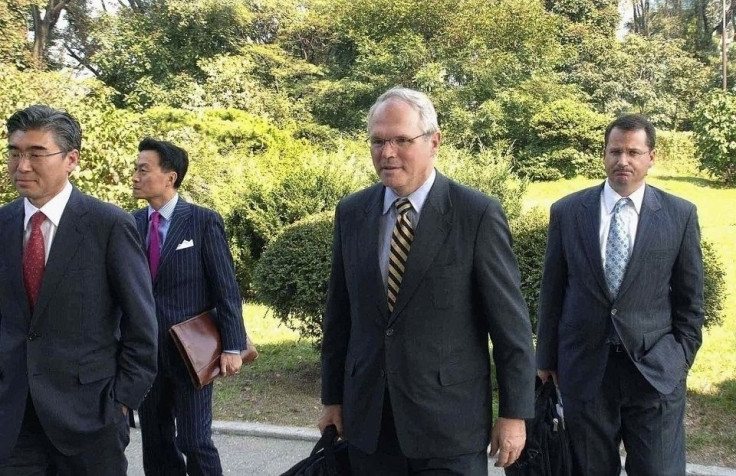World War III Update: Putin’s suspension of treaty with Washington on cleaning up weapons signals willingness to use nuclear disarmament as bargaining chip

The threat of a global war looms after Russian President Vladimir Putin suspended on Monday a treaty with Washington on the clean-up of weapons-grade plutonium, indicating his willingness to use nuclear disarmament to bargain with the US over Ukraine and Syria. Ironically, on Oct 7, Venezuelan President Nicolas Maduro just awarded Putin the Hugo Chavez Prize for Peace and Sovereignty of the People.
Putin suspended the treaty before Washington suspended talks with Moscow on attempts to end the violence in Syria. The agreement, reached in 2000, bound the US and Russia to get rid of their surplus plutonium originally for use in nuclear weapons.
The Russian leader issued a decree on Monday which suspended the agreement, Sydney Morning Herald reports. Stratfor, a US-based consultancy, warns the decree could lead to similar measures being done on other nuclear disarmament cooperation deals between the two superpowers.
John Kirby, US State Department spokesman, accuses Russia of not living up to its commitment under a ceasefire agreement. Putin is open to resuming the plutonium accord under several conditions that must be met which he submitted as a draft law to the Russian Parliament.
The conditions include lifting the US-imposed sanctions on Russia over Ukraine, compensating Moscow for the sanctions and reducing American military presence in NATO member-states in eastern Europe to pre-2000 levels.
Maduro said he gave the peace prize to Putin who is a leader whom he believes is most outstanding in the world today who is “a fighter for peace, for balance, and a builder of pluripolar, multicentric world.”




















